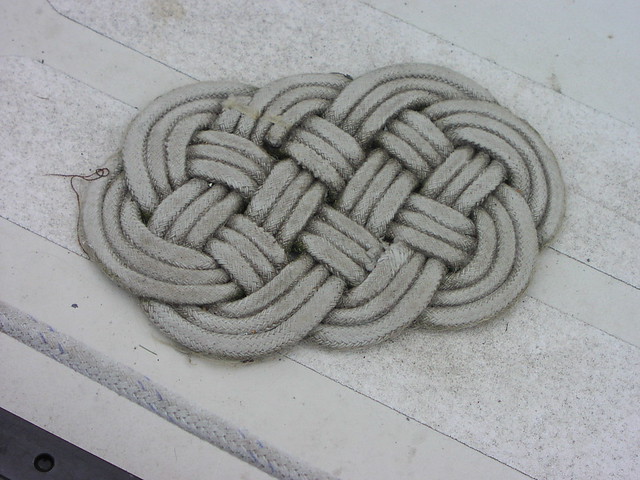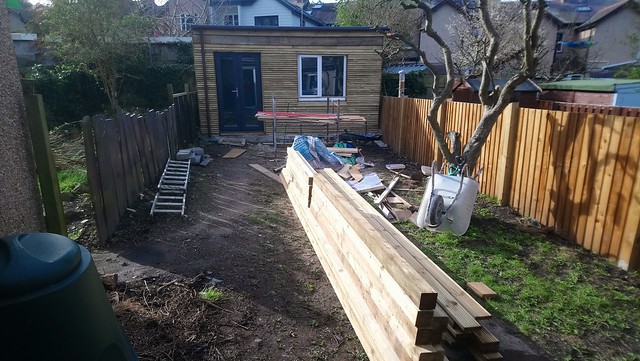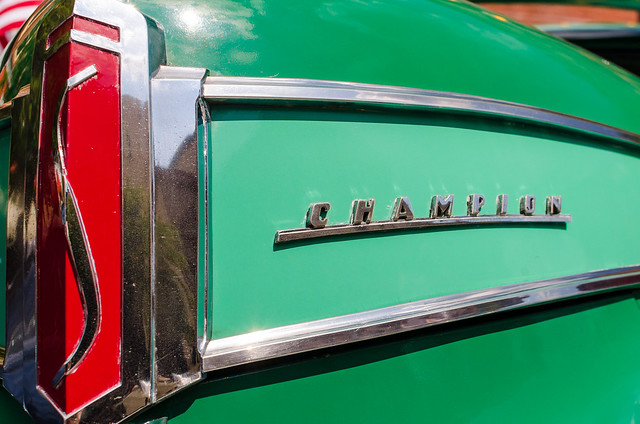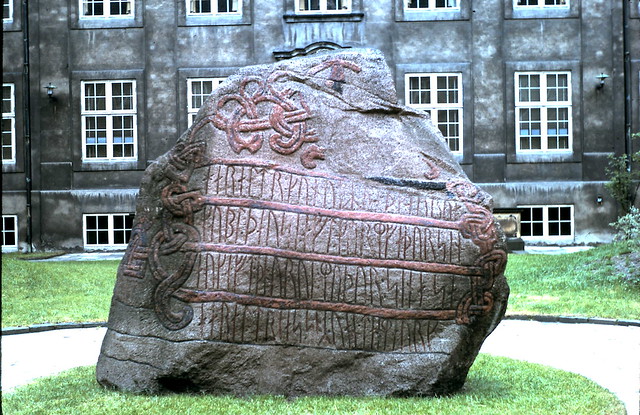Podcast: Play in new window | Download
Today we’re untangling the origins of the word knot 🪢.
A knot [nɒt/nɑt] is:
- any of various fastenings formed by looping and tying a piece of rope, cord, etc, in upon itself, to another piece of rope, or to another object
- a tangle
- a small cluster or huddled group, e.g. ‘a knot of people’
It comes from the Middle English knotte [ˈknɔt(ə)] (knot, tie, binding), from the Old English cnotta [ˈknot.tɑ] (knot), from the Proto-Germaic *knuttô [ˈknut.tɔːː] (knot), from the PIE *gnod- (to bind) [source].
The Latin word nōdus (knot, knob, bond) comes from the same PIE root, and is the root of the English words such as noose, node and nodule [source].
The English word knit comes from the same PIE root, via Old English and Proto-Germanic, as does the name Canute, via the Old Norse Knútr, probably from the Old Norse word knútr (knot) [source].
A knot is also a unit of speed used by ships and aircraft that equal one nautical mile (1.85 km) per hour. This usage comes from a method of calculating the speed of a ship in use since at least the 16th century with a long rope with knots are regular intervals [More details].
Here’s a video I made of this information:
Video made with Doodly [afflilate link].
I also write about words, etymology and other language-related topics on the Omniglot Blog, and I explore etymological connections between Celtic languages on the Celtiadur.
You can also listen to this podcast on: Apple Podcasts, Amazon Music, Stitcher, TuneIn, Podchaser, PlayerFM or podtail.
If you would like to support this podcast, you can make a donation via PayPal or Patreon, or contribute to Omniglot in other ways.














